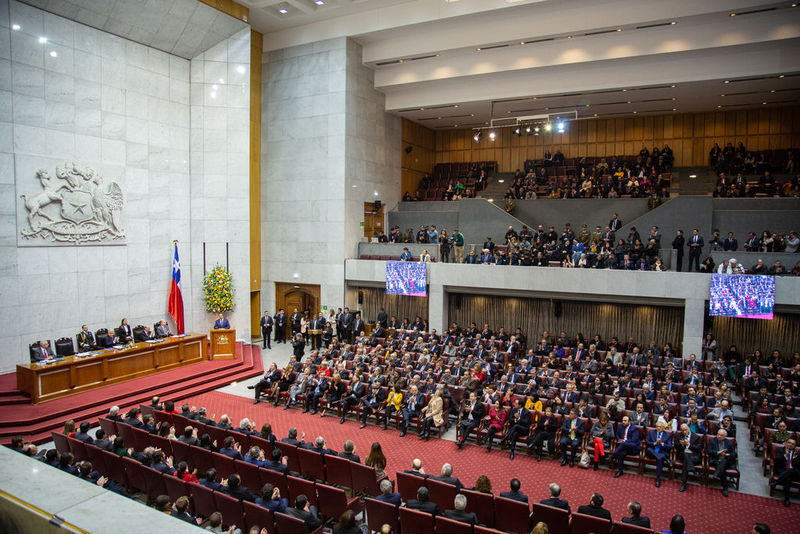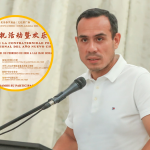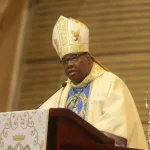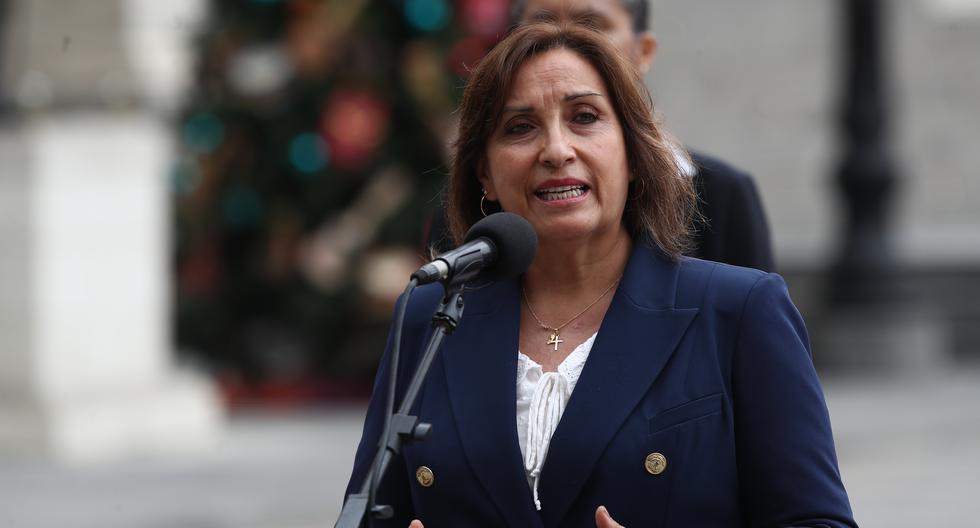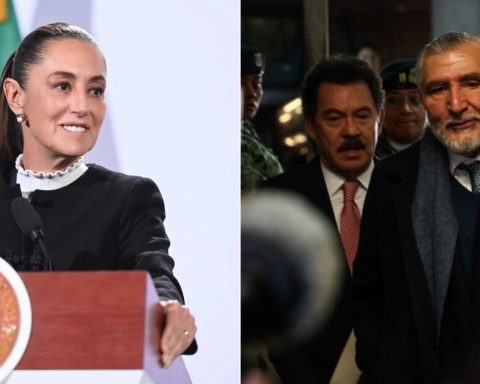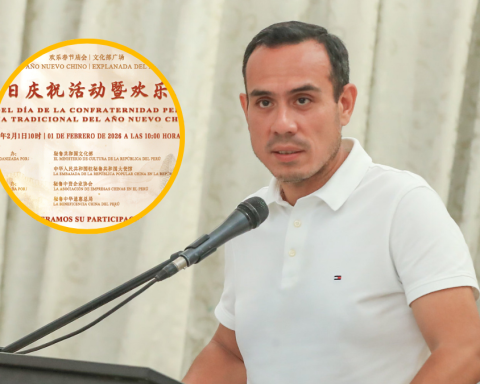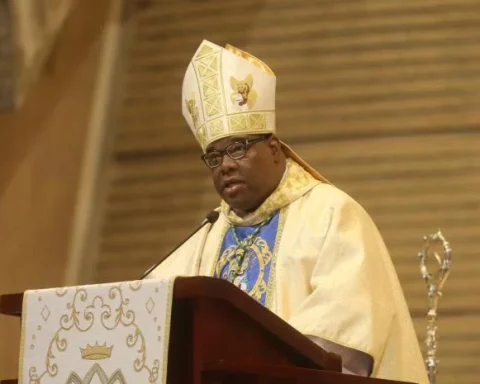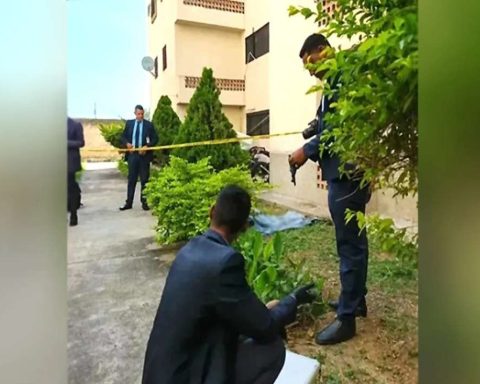Chile’s political forces sealed a historic pact that defines the roadmap for the second constituent process that the country will carry out in the coming months.
After three months of intense negotiations stuck for weeks in the way of choosing the new drafting body, the country resumes the constituent stage that opened three years ago, in October 2019, after the largest wave of protests that it has experienced since the end of the military dictatorship of Augusto Pinochet (1973-1990).
ORIGIN OF THE PROCESS
The mobilizations began as a demonstration against the rise in the price of the subway and led to a cry for a fairer economic and social model.
There were months of peaceful street protests, acts of violence and harsh police repression that left some thirty dead, thousands injured, and accusations by the UN and various international organizations against the security forces for human rights violations.
To channel the demonstrations, the political parties signed an agreement that included the holding of a plebiscite that took place on October 25, 2020, in the midst of a pandemic, in which Chileans voted if they wanted to change the current Constitution, written in 1980. by the dictatorship and partially reformed in 2005 under the socialist president Ricardo Lagos.
78% of voters opted for yes in a consultation in which barely 50% of the population participated and in which it was also decided that the new text would be drawn up by an “ad hoc” convention also elected at the polls .
FIRST ELECTED CONVENTION
Chileans returned to the polls in May 2021, still in a pandemic, to elect the 155 members of the Convention that should be equal and that should also reserve 17 seats for indigenous peoples, who represent about 13% of the Chilean people.
The result of the election was a convention with a progressive tendency and a majority of independent candidates. The right barely achieved representation.
The Constituent Assembly wrote the draft of the constitutional text for a year, despite the controversies, noise and criticism from the right. On July 4, 2022, the draft was delivered to the president, Gabriel Boric, who immediately called the exit plebiscite, so that citizens could ratify the text.
CONSTITUTIONAL PROPOSAL
The proposed norm buried the neoliberal system that has governed Chile since the dictatorship and advanced towards a social state of law with a greater presence of the public.
In addition, it was considered the most feminist Constitution in the world and declared the “ecological State” as a pillar, with a firm commitment to defending the environment and the vocation of fighting the climate crisis.
Among other key points, it advanced towards a universal primary health system, strengthened public education and a state pension system; it included the definition of Chile as a plurinational state and recognized the rights of indigenous peoples; and advocated ending the privatization of essential resources such as water.
In an election with compulsory voting without the need to register for the first time, on September 4 an overwhelming majority of Chileans (62%) rejected the proposal for a new Constitution.
NEGOTIATIONS AND NEW PROCESS
As soon as the result was known, Boric publicly opted to start a new constituent process to discuss a new text that meets the desire expressed by the citizens at the polls.
After three months of intense negotiations, this Tuesday the Chilean political parties agreed on the road map that the new constituent process will follow.
The pact establishes that the new drafting body, which will be called the Constitutional Council, will be made up of 50 people elected by the citizens and that the process will also have the binding participation of 24 designated experts (12 by the Chamber of Deputies and 12 by the Senate in parity) that will accompany the tour.
The new process will culminate in November 2023, according to the agreement signed this Monday, with an exit plebiscite, with a mandatory vote, for citizens to express their agreement with the final text.
Source: EFE.
